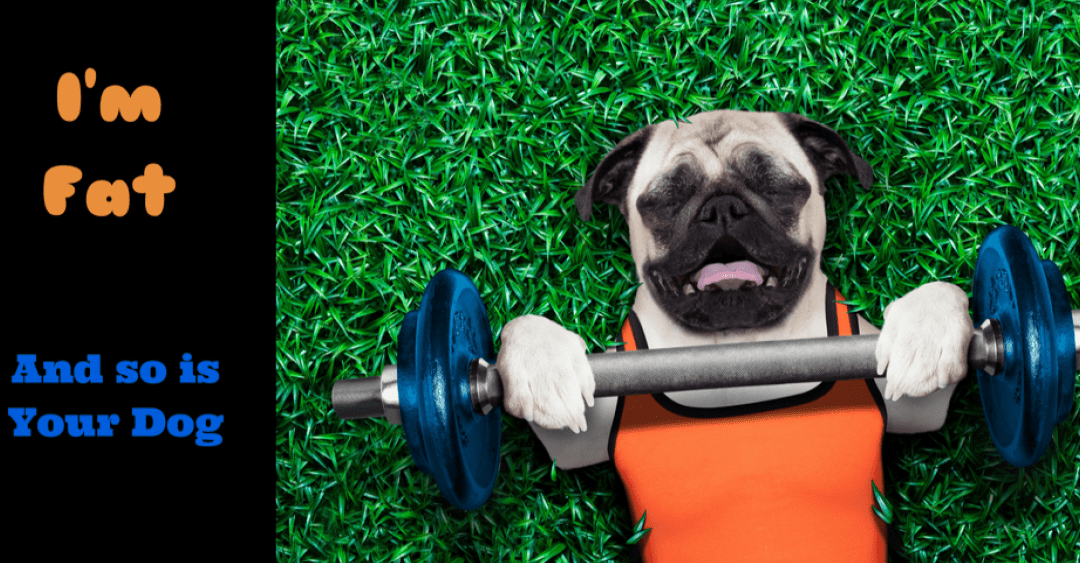I am fat. This is not me being self-deprecating, nor am I looking for reassurances or external validation of my size. It’s simply a fact. By any objective standards, I am clinically obese. I acknowledge that this is a problem. I’ve struggled with weight my entire life. I’ve been to nutritionists, weight-loss camp, therapists, more incarnations of Weight Watchers than I can count, I’ve run for hours upon hours and I’ve even had weight-loss surgery.
I understand the science; I learned about nutrition in vet school. And while overweight dogs and cats may not have to deal with the societal ramifications of their weight; they may not suffer the depression, isolation, humiliation, and feelings of worthlessness that fat people do; they do suffer from the physical manifestations of it. So I know all about the health risks associated with being fat—for my patients and for myself.
For some, this may present a problem. Who am I to tell someone their dog or cat needs to lose weight, when I can’t even lose weight? If it’s so important, why haven’t I done it for myself? How do I tell a client their pet is overweight or obese without being hypocritical?
Well, if you ask me, I might be the perfect person to tell them. After all, I can relate. And I can tell you with certainty, that if someone who loved me and had my best interests at heart controlled everything I ate, I would want them to make the hard choices that I fail to make for myself. I would want them to make me eat a healthy, well-balanced, calorically appropriate diet no matter how much I begged and how cute my puppy dog eyes were. I would want to be healthy.
Pet obesity is a problem
An estimated 56% of dogs and 60% of cats are overweight or obese. Obesity can predispose pets to heart disease, diabetes, asthma, high blood pressure and even cancer. But that’s not even the worst of it.
Being obese affects your pet’s quality of life. Dogs and cats don’t understand sickness, they understand how they feel. Dogs want to chase balls and cats want to climb to the top of book shelves. They want to run and jump and play. Some obese pets will still do these things (I still ran a marathon) but they won’t be able to do them as much or as well as they want. They’ll pant constantly, tire quickly, be slower, and their joints will ache.
When I broach the topic in the exam room, I may try to soften the blow. After I tell you that Bella is putting on a few pounds, I might stage whisper to her, “I get it, I like to eat too.” Or maybe when I suggest putting Max on a diet, I’ll joke that we can go on one together. I need you to know that I’m not judging you, your pet or your ability to care for them. But even when I make light of being heavy, know that the weight of those extra pounds is no joke for your furry loved one.
Do the right thing for your pet. The thing that only I can do for myself. Put down the treats, go out for a walk, measure those portions, see your vet and help your pet get slim and healthy.

